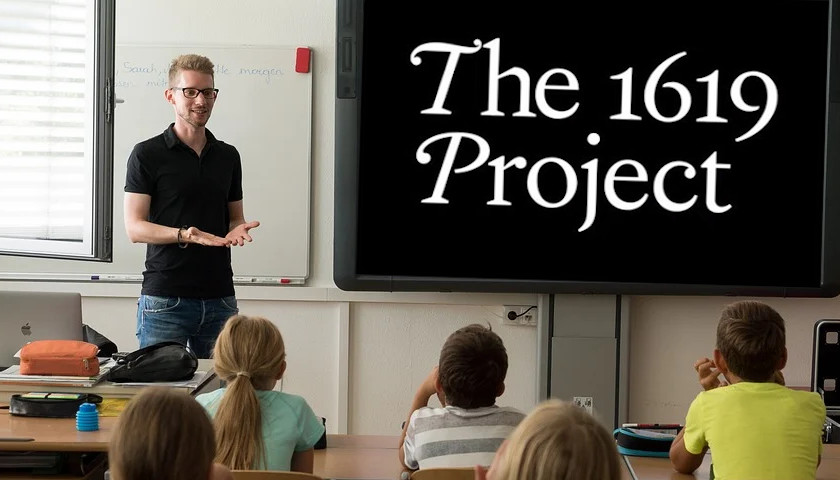Northern Arizona University President Dr. Jose Luis Cruz Rivera was appointed by Gov. Katie Hobbs to the state Board of Education this week.
“He has been a steadfast leader for the students and faculty at NAU, and he will bring that leadership to the State Board of Education. As a Lumberjack, I could not be more thrilled to appoint him to this position, and know that he will work tirelessly to create a public education system that ensures every Arizonan has a chance to thrive,” Hobbs stated about the appointment to the board, which focuses on K-12 education.
Read the full story















